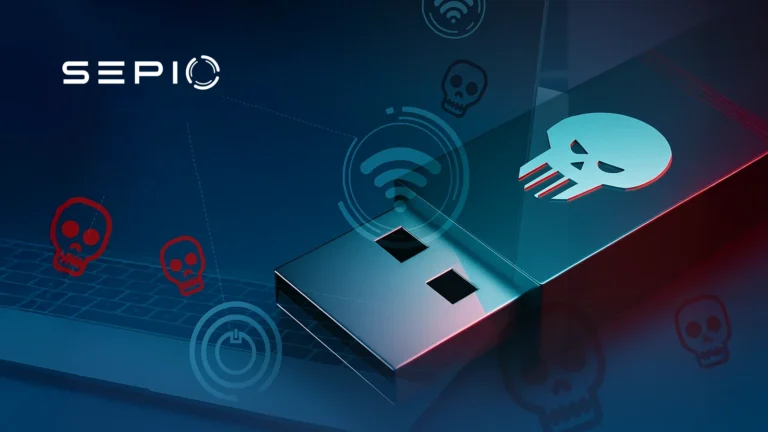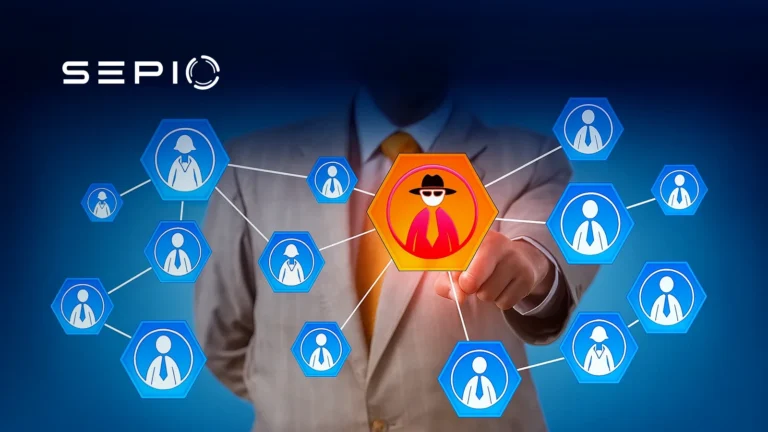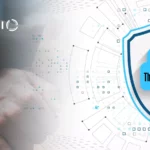In today’s hospitality industry, hotel cyber security is crucial for protecting guest information, payment details, and operational data from evolving cyber threats. Implementing robust cybersecurity measures helps prevent data breaches, financial losses, and reputational damage, ensuring customer trust and operational resilience are maintained. As cyber threats become increasingly sophisticated, it’s essential for hotels to stay proactive in adopting the latest security technologies and best practices.
Moreover, hotel cyber security extends beyond just protecting sensitive data. With the rise of Internet of Things (IoT) devices and interconnected systems, ensuring the security of all hotel networks and devices becomes vital. From guest Wi-Fi networks to point-of-sale systems, each endpoint represents a potential vulnerability. Hotels must implement comprehensive security strategies to mitigate risks and enhance overall guest experiences by keeping their digital environment safe.
The Risk of Cyber Attacks on Hotels: A Real-Life Scenario
Hotel cyber security is increasingly important as cyber attacks continue to grow in sophistication. Imagine returning to your hotel room after a long day, only to find that your mobile keycard no longer grants access. After trying repeatedly, you head to the front desk, where you learn that the hotel’s keycard system has been hijacked in a ransomware attack. A hacker has gained control of the network, and access won’t be restored until a ransom is paid. Unfortunately, this scenario highlights the very real and growing risk of cyber attacks on hotels.
Heading back down to the lobby, you find a frazzled concierge who confirms the situation—hotel cyber security has been breached, and you’re now part of a larger crisis. This is just one example of how cyber attacks on hotels can disrupt operations, damage reputations, and put sensitive guest information at risk.
A Hotel Hack?
Not the holiday you were hoping for… A hacker has managed to gain access to the hotel’s network through a spoofed peripheral device, hijacking the keycard system. Now, hotel management is locked out, unable to regain control until a ransom is paid. This hotel cybersecurity threat is more than just an inconvenience—it’s a serious risk that can cripple operations and compromise guest safety.
Hotels that rely on high-end IoT lock key systems and mobile devices as keycards face growing hotel cybersecurity threats. Each connected device is a potential entry point for cybercriminals seeking unauthorized access to the network. While IoT technology enhances convenience, it also introduces new vulnerabilities. If a malicious actor compromises even one smart device, they can exploit the entire system, leading to widespread disruptions and data breaches.
Hardware Attacks in the Hospitality Industry
Hackers are utilizing IoT devices when carrying out hardware attacks, as they are often easier to compromise. Hardware attacks require physical access, and this can be risky when there are numerous physical security measures in place. As such, IoT devices, which are used in less secure areas, are an ideal entry point. By compromising a single device, attackers can infiltrate the network and execute attacks such as ransomware, effectively taking control of hotel operations and exposing critical hotel cybersecurity vulnerabilities.
Although cybersecurity experts advise against paying ransoms, some organizations have no alternative due to limited resources and capabilities. As a result, victims face significant financial burdens, operational disruptions, and reputational damage.
The best way to prevent such incidents is to stop the hotel hack before it happens. Since this was carried out using a Rogue Device, the ideal solution is to implement a Rogue Device Mitigation solution. By detecting and blocking unauthorized devices, an RDM solution would have strengthened hotel cybersecurity and prevented the breach. Closing these entry points ensures that the hotel can keep its doors open—literally.
Key Aspects of Hotel Cyber Security
Hotel cyber security is essential for protecting guest data, payment information, and hotel operations from evolving threats. A strong cybersecurity framework includes safeguarding guest and payment information to maintain trust and prevent fraud. Ensuring Wi-Fi security and monitoring networks for suspicious activities is crucial. It’s important to use antivirus software and secure all devices within the hotel.
A key element of hotel cybersecurity is employees training. Educating staff on recognizing and responding to security threats, such as phishing or social engineering, helps strengthen defenses against human error. Additionally, implementing strict access controls ensures that employees only have access to necessary information, reducing the risk of insider threats.
Hotels must also develop a comprehensive incident response plan to address potential cyberattacks effectively. This plan should include data recovery procedures and communication protocols to minimize operational disruptions. Compliance with data protection regulations, like GDPR, ensures legal protection and avoids financial penalties. To ensure complete security, hotels should encrypt sensitive data and require third-party vendors to maintain high cybersecurity standards, particularly for systems like online reservations and payment processing. These strategies collectively enhance the hotel’s ability to defend against cyber threats and maintain the integrity of its operations.
How to Improve Hardware Cyber Security in your Hotel?
Sepio’s platform offers a unique and effective solution for protecting networks and endpoints from hardware-based cybersecurity threats. Its focus on visibility, real-time risk management, and comprehensive control makes it an essential tool for modern infrastructure security.
Visit Sepio Youtube channel, and watch out Captain RDM – Episode #11 – Hotel Hack.






